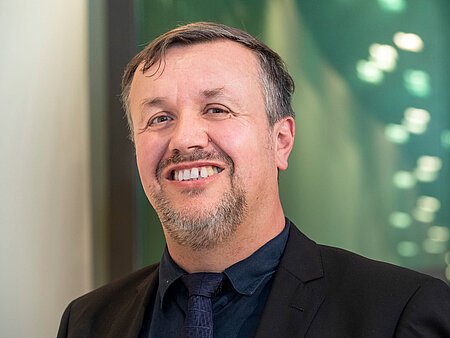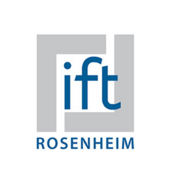Decoding the Disciplines: identifying, understanding and overcoming students’ barriers to learning and much more
Education research in physics started with a focus on students as novices. Many insights have been gained by interviewing students in order to find out how they think about physics concepts and approach physics tasks. This approach also has become influential to other fields for identifying student barriers to learning. It is typically practiced by researchers specialized in subject specific education.
A complimentary approach is to focus on physicists as experts. Many insights about learning and practicing physics can be gained by interviewing experts in the field. Decoding the Disciplines champions this approach across academic disciplines. It seeks to make explicit the tacit skills of experts and to help students master the mental actions needed for success in particular courses.
Unlike traditional student interviews, Decoding interviews are not conducted by specialized researchers. Besides for fostering student learning, people often engage in Decoding the Disciplines for their own professional development, for escaping the loneliness of teaching, or for practicing scholarship of teaching and learning.
This keynote introduces the Decoding the Disciplines process and showcases it in the context of aeronautical engineering. (This non-physics context is chosen on purpose in order to protect physicists in the audience from the blindness due to their own expertise). Using recordings from a Decoding interview the audience will be given the opportunity to experience and practice Decoding, i.e. you will identify the tacit expertise of an aeronautics instructor and see how this removes a nontrivial barrier to student learning.
The keynote of Peter Riegler is available to view on the YouTube channel 'Videowissen', entitled "Decoding the Disciplines - Understanding & Overcoming Students' Barriers to Learning | Peter Riegler".
Prof. Dr. Peter Riegler

Peter Riegler has worked for several years in industrial research labs before joining the department for computer science at Ostfalia University, Germany, in 2002. In his academic and industrial research he has worked on quantum optics, machine learning, mobile communication and automation technology. Struck by the low effectiveness of higher education in general and his own teaching in particular (the latter meanwhile being mitigated to some extent) he has switched to education research in STEM. His research interests encompass students' difficulties with subject matter as well as educational technology with a particular focus on formative and summative assessment. He is also actively engaged in Decoding the Disciplines which aims at fostering student learning by uncovering tacit knowledge and expertise. Currently he serves as head of the Bavarian Center for Innovative Teaching which is the institution in charge of faculty development for all universities of applied sciences in the State of Bavaria.
Back to...
... Conference Results.







